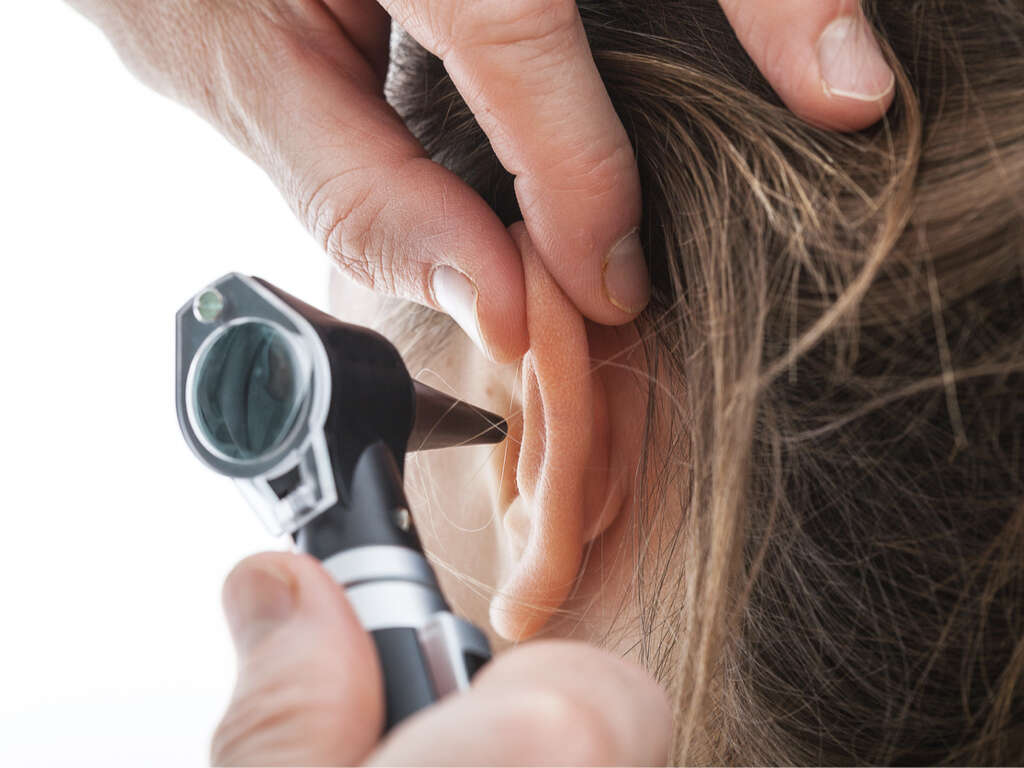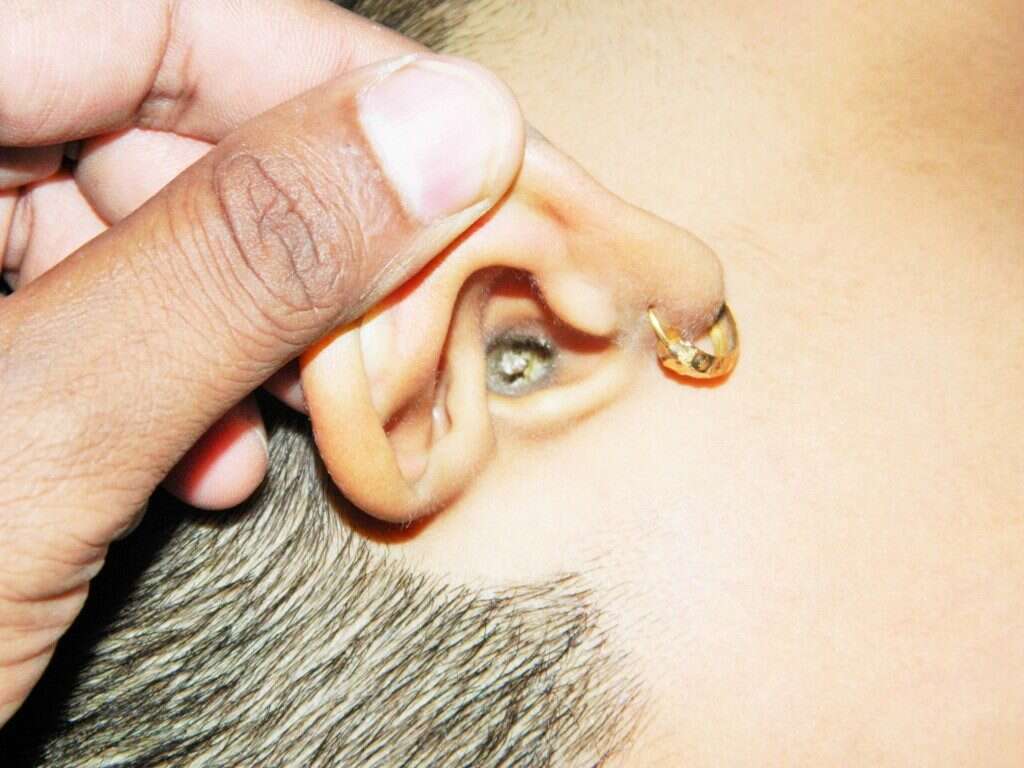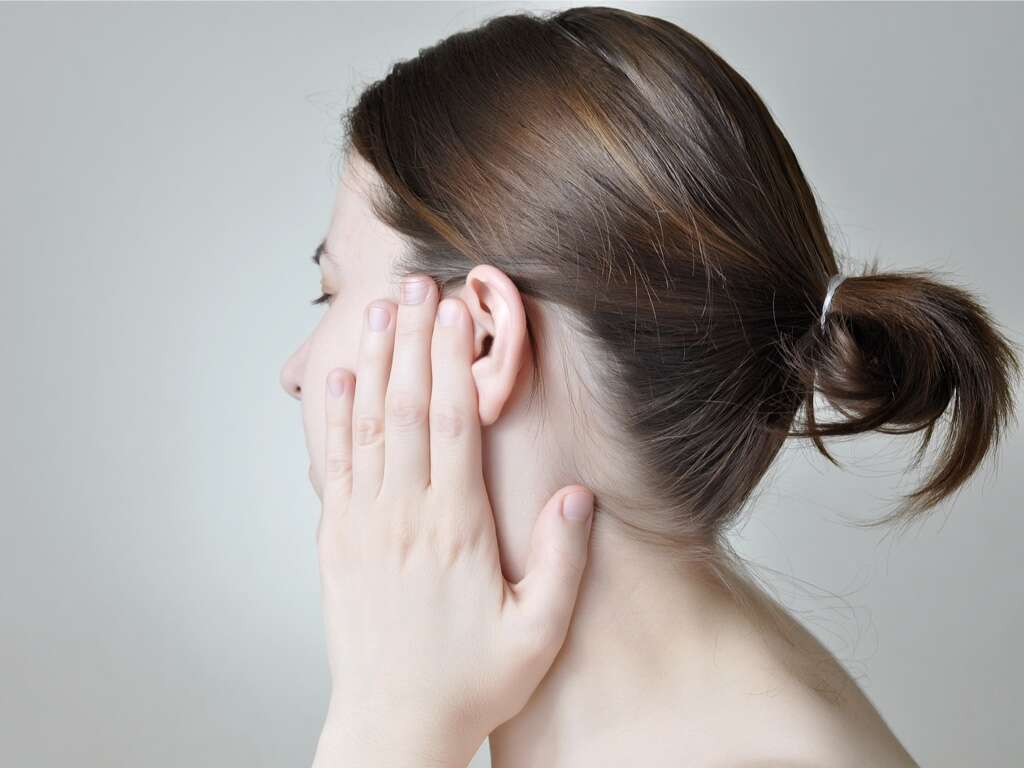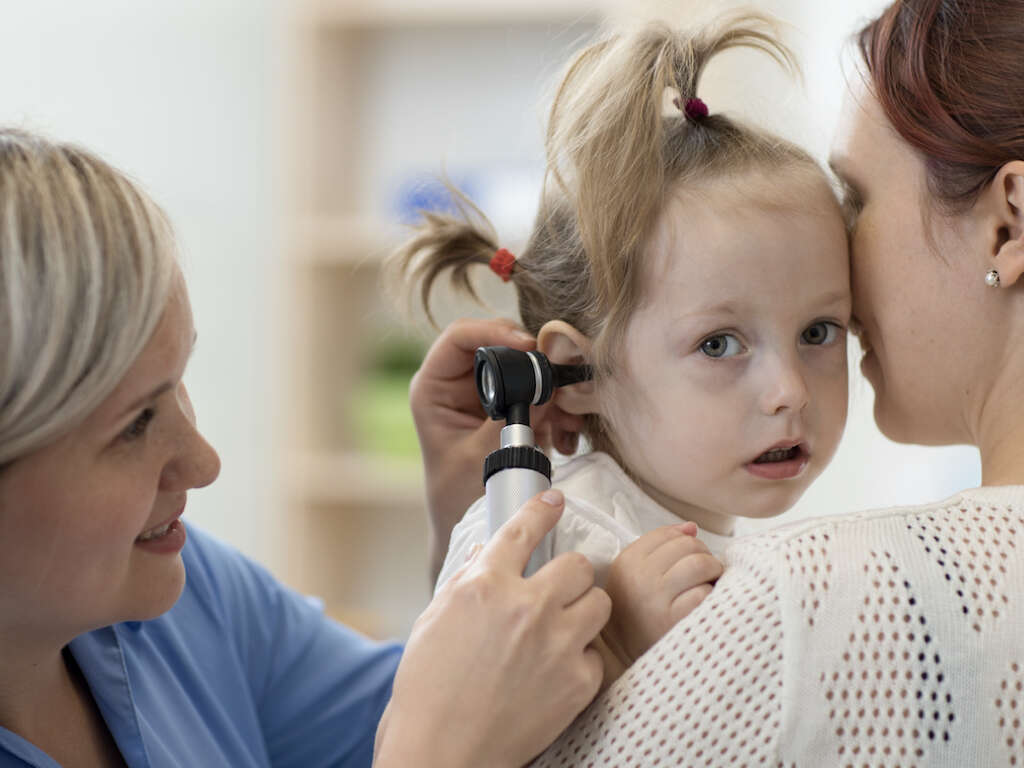Otosclerosis Symptoms, Treatments & More
 Article Sources
Article Sources
- 1. 'Otosclerosis.' National Institute of Deafness and Other Communication Disorders, U.S. Department of Health and Human Services, 14 Dec. 2020, www.nidcd.nih.gov/health/otosclerosis.
- 2. NHS Choices, NHS, www.nhs.uk/conditions/otosclerosis/.
- 3. BritishTinnitus. 'Otosclerosis and Deafness.' British Tinnitus Association, www.tinnitus.org.uk/otosclerosis.
- 4. NHS Choices, NHS, www.nhs.uk/conditions/tinnitus/.
3. Who Is At Risk?
There is no known way to prevent otosclerosis and it could potentially happen in anyone, though white, middle-aged women are the group most likely to be diagnosed.1‘Otosclerosis.’ National Institute of Deafness and Other Communication Disorders, U.S. Department of Health and Human Services, 14 Dec. 2020, www.nidcd.nih.gov/health/otosclerosis.
It’s believed that otosclerosis can be inherited, so those with a family history of the condition have a higher risk. People with otosclerosis are most likely to first notice changes in their hearing in their 20s and 30s. If a person is concerned about symptoms that could suggest otosclerosis, it is recommended to see a doctor.2NHS Choices, NHS, www.nhs.uk/conditions/otosclerosis/.
Advertisement











